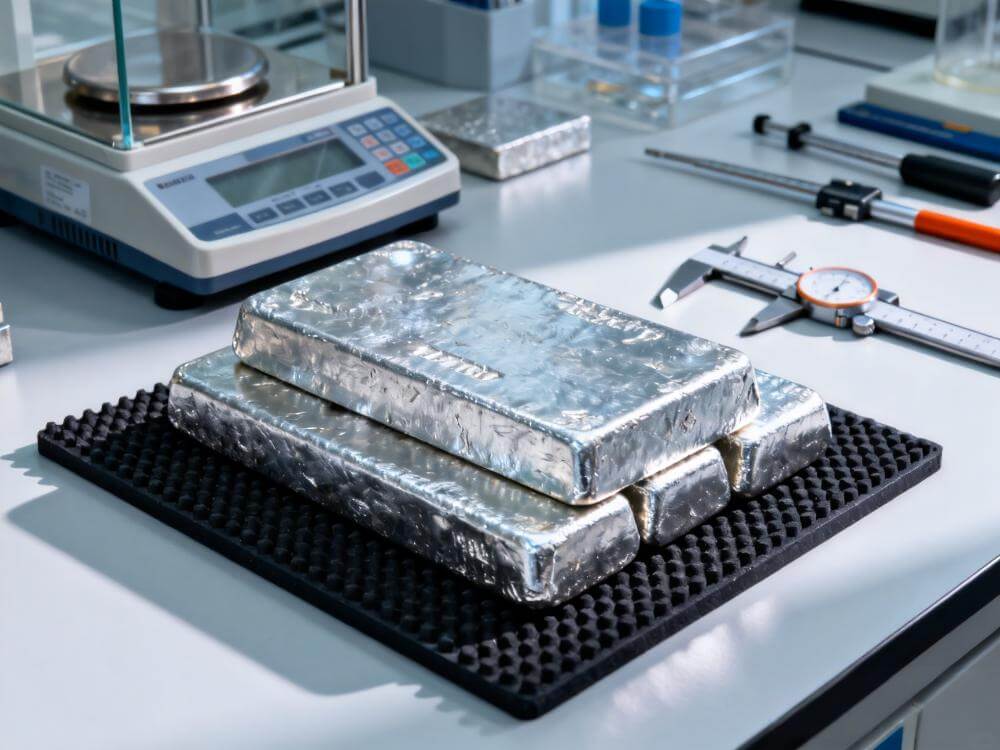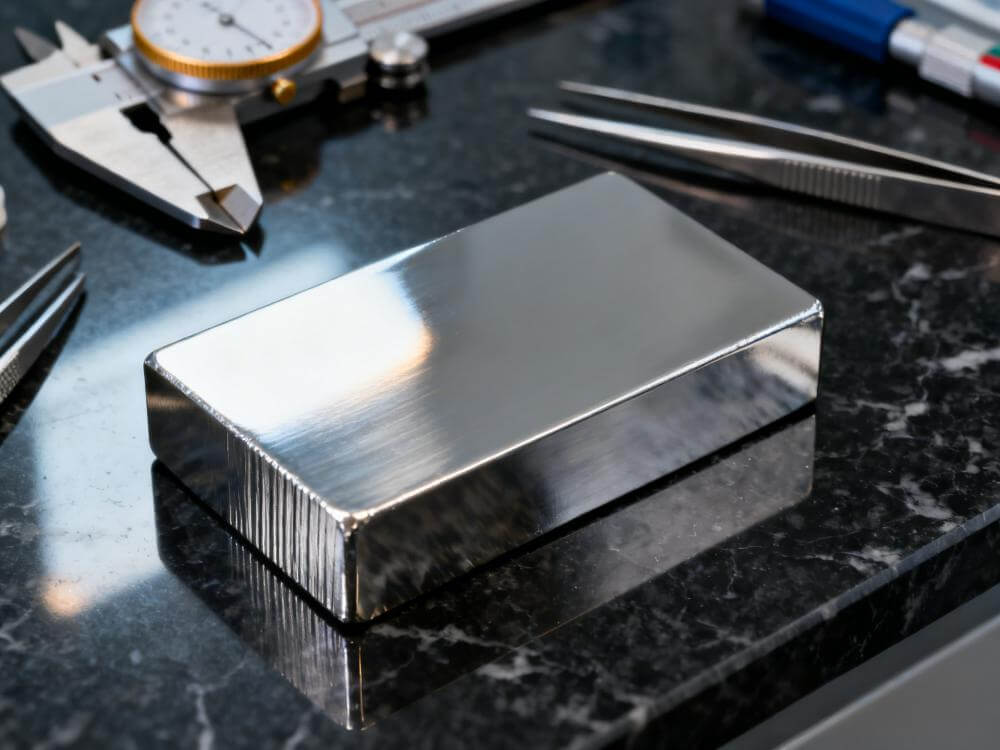From December 4 to 6, the China Photovoltaic Industry Association held the "2024 PV Industry Annual Conference" in Yibin, Sichuan, with the theme "Crossing Cycles, Creating a Green Future". Several important meetings were convened to discuss market trends and hot topics.
Nearly a week after the conference concluded, the overall atmosphere in the PV market has changed somewhat, with prices in multiple key material segments rising simultaneously.
For polysilicon, since December 10, there have been reports of price increases, even involving two leading enterprises. Some non-top-tier crystal pulling plants informed SMM that they had received quotes of 45 yuan/kg for N-type dense polysilicon. Although this price was later verified to be more of a tentative quote from some companies, with little chance of actual transactions in the short term. However, by the morning of the 11th, SMM had received quotes of 42 yuan/kg from some top-tier enterprises, indicating that polysilicon prices had begun to rise tentatively. SMM learned that the reasons for the increase were mainly cost support and optimism about the future market.
According to SMM statistics, the estimated production schedule for polysilicon in December is 94,600 mt. Although production will decrease to a low level, the inventory pressure of nearly 300,000 mt is the market's biggest concern regarding polysilicon price increases.
For wafers, the price increase is more evident, but it's important to distinguish between sizes.
First, for 183-type N-type wafers, the highest price has already risen to 1.05 yuan/piece. The relative shortage of supply and tight shipments from crystal pulling plants are the fundamental factors driving its increase.
The price of 210 N-type wafers has also increased due to supply and production breakage rate issues, with some market quotes rising from 1.38 yuan/piece to 1.4 yuan/piece.
However, the price of 210 R-type wafers has dropped from 1.14 yuan/piece to around 1.12 yuan/piece. According to SMM, the main reason for this decrease is reduced demand from overseas and certain domestic top-tier battery plants.
SMM data shows that current wafer inventory has decreased to just over 20 GW. After the conference, there were even instances of cell producers hoarding wafers. The current supply-demand relationship is slightly tight, and some wafer manufacturers will increase production in December. The overall market sentiment is positive, but attention should be paid to downstream prices.
SMM has learned that downstream sentiment varies slightly. From the latest publicly available China Power Construction 51 GW module tender, top-tier manufacturers generally maintained a quote of 0.69 yuan/W, with some even quoting above 0.7 yuan/W. However, some smaller manufacturers still have relatively lower prices, with multiple module enterprises quoting around 0.65 yuan/W.
The solar cell market has recently seen a decline in transaction prices - some 183-type cells have shown signs of dropping back to 0.275 yuan/W, while 210 R-type cells have even seen instances of 0.265 yuan/W.
PV Industry Conference Concludes: Upstream Prices Rise Across the Board? [SMM Analysis]
From December 4 to 6, the China Photovoltaic Industry Association held the "2024 PV Industry Annual Conference" in Yibin, Sichuan, with the theme "Crossing Cycles, Creating a Green Future".
Data Source Statement: Except for publicly available information, all other data are processed by SMM based on publicly available information, market communication, and relying on SMM‘s internal database model. They are for reference only and do not constitute decision-making recommendations.
For any inquiries or to learn more information, please contact: lemonzhao@smm.cn
For more information on how to access our research reports, please contact:service.en@smm.cn


![[SMM Analysis] Futures Lack Momentum to Rise Further, Pre-Holiday Demand Stalls, and Stainless Steel Social Inventory Accumulation Intensifies](https://imgqn.smm.cn/usercenter/HBsPu20251217171723.jpeg)
